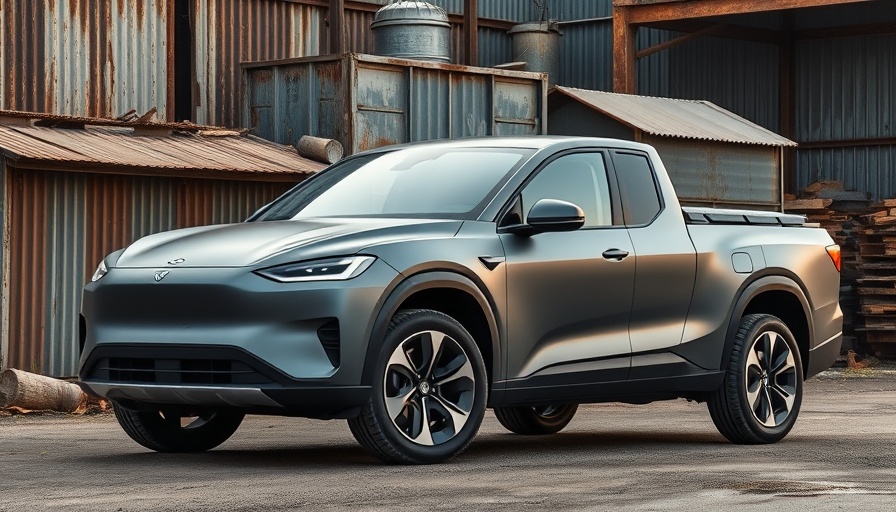
Slate Auto Adjusts Pricing: A Blow to Affordable EV Hopes
In a significant move impacting the electric vehicle landscape, Slate Auto has revised its pricing strategy, dropping the promotion of its upcoming pickup truck as starting “under $20,000.” This shift comes in response to the passage of a tax cut bill by President Trump, which is set to eliminate the federal EV tax credit, a critical incentive for affordable electric vehicle (EV) pricing.
The Impact of Ending the Federal EV Tax Credit
The federal EV tax credit, which provided buyers with a $7,500 incentive, was pivotal for companies like Slate Auto that aimed to market competitively priced electric vehicles. Established in 2010, the credit has stimulated consumer interest in electric mobility. However, its removal poses a significant challenge for startups aspiring to make electric cars accessible to the average American. Without this financial boost, Slate Auto’s ambitious promise of launching an all-electric pickup under $20,000 now appears uncertain.
The Vision Behind Slate Auto
Slate Auto’s founders positioned the company as a transformative player in the market, declaring their mission to produce affordable electric vehicles that could meet everyday Americans' needs. CEO Chris Barman emphasized, “We are building the affordable vehicle that has long been promised but never been delivered.” Yet, this vision hinges on maintaining competitive pricing, primarily supported by the tax incentives previously available.
Customer Reactions and Market Expectations
With Slate Auto's initial messaging targeted towards driving down costs, many potential customers might feel disillusioned by this sudden shift. As the information spreads across tech news today, consumers who had latched onto the under $20k price frame may reconsider their expectations. The pickup market, already navigating competitive pricing from established automakers, could complicate Slate's attempts to penetrate this sector.
Future Predictions for Affordable EVs
As the EV market continues to evolve, predictions emerge about how startups like Slate Auto could adapt. Analysts suggest that while the elimination of the federal EV tax credit may temporarily hinder innovations in affordable electric vehicles, it could spur companies to explore new business models, partnerships, and financing options to maintain competitive pricing. Technologies such as improvements in battery efficiency and economies of scale from increased production may gradually lower costs for consumers.
Innovation in the Face of Adversity
Amid these challenges, innovation plays a crucial role. According to industry reports, EV companies are actively researching advanced materials and manufacturing processes that could lower vehicle production costs long-term. This gives hope that, despite current setbacks, the vision for affordable electric options may still be realized.
Current Trends in Electric Vehicles
The recent happenings underline a broader trend in the EV market, where consumer interest is rising alongside intrinsic challenges. As committed individuals embrace sustainability, the focus is turning towards not just getting the vehicle on the road but supporting it through viable ownership costs. Market responses to pricing fluctuations will greatly impact consumer behavior and manufacturer's strategies, saying something about the trending tech news cycles.
Slate Auto's shift in pricing may serve as a case study for other players in the tech world, showing the interconnectedness of policy decisions and market viability. Each change like this underscores the importance of foresight in tech news and business planning.
 Add Row
Add Row  Add
Add 



Write A Comment